We surveyed more than 3,000 CEOs around the world to learn how they are positioning their organizations for success after COVID-19. Five key factors set outperforming CEOs apart.
Get Started for FREE
Sign up with Facebook Sign up with X
I don't have a Facebook or a X account
 Your new post is loading... Your new post is loading...

Waqas ALi's curator insight,
November 20, 2017 6:33 AM
Custom Logo design services are playing important role in the field of business and marketing most of the companies recognized by their logo.

Gonzalo Moreno's curator insight,
December 9, 2016 5:06 AM
TASK Management vs. PEOPLE Management, a superclassic...

Jean-Simon Venne's curator insight,
February 2, 2016 9:39 PM
Thanks Farid for this interesting analysis, to be followed. 
Grant Tucker's curator insight,
February 14, 2016 11:10 AM
This is why we all should be innovating within our chosen professions 
Farid Mheir's curator insight,
July 20, 2016 2:09 PM
World Economic Forum survey of executives has compiled a list of jobs that are most at risk of being replaced by computers before 2025. The infographic shows a summary of the data which is available in detail here: http://reports.weforum.org/future-of-jobs-2016/

Jean-Simon Venne's curator insight,
February 2, 2016 9:39 PM
Thanks Farid for this interesting analysis, to be followed. 
Grant Tucker's curator insight,
February 14, 2016 11:10 AM
This is why we all should be innovating within our chosen professions |

Curated by Farid Mheir
Get every post weekly in your inbox by registering here: http://fmcs.digital/newsletter-signup/
|




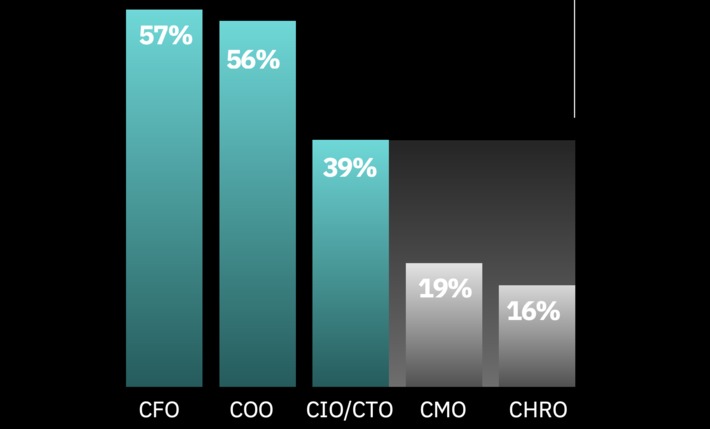

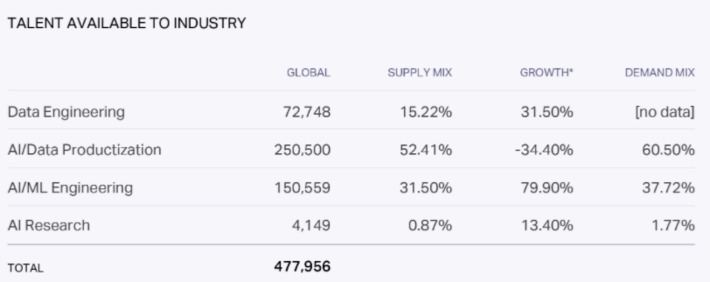
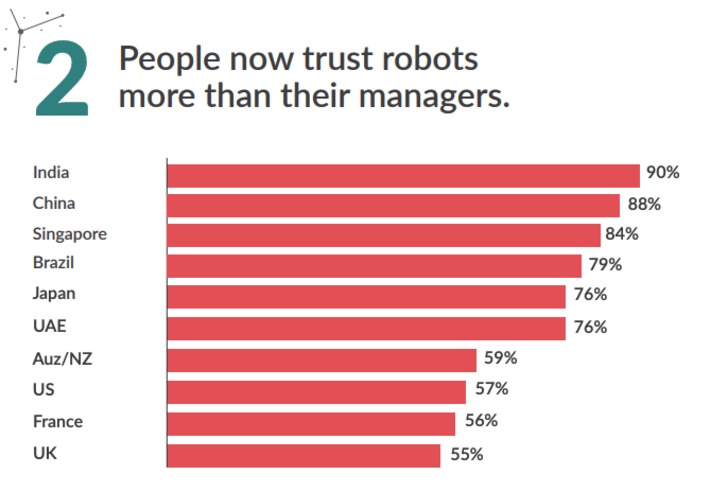
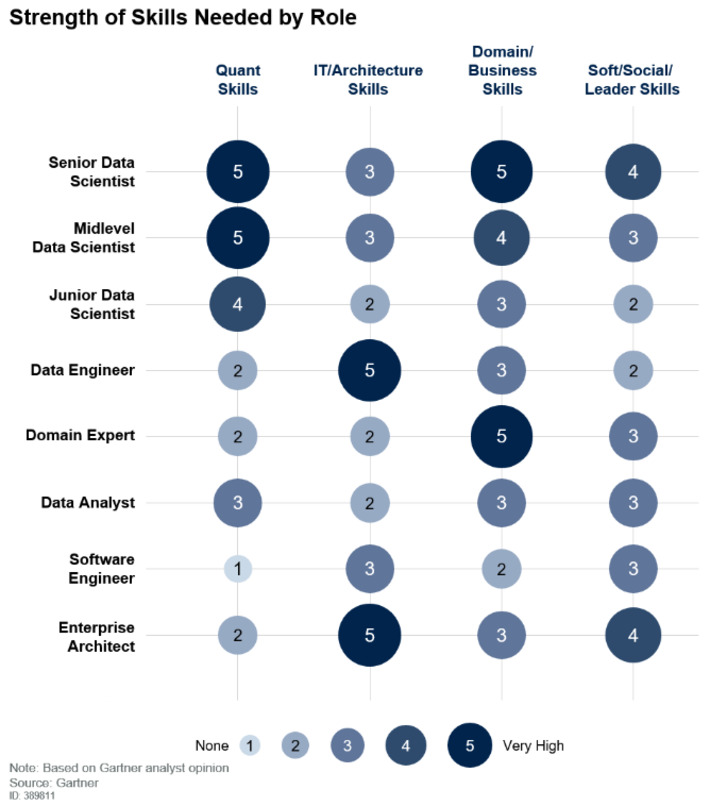
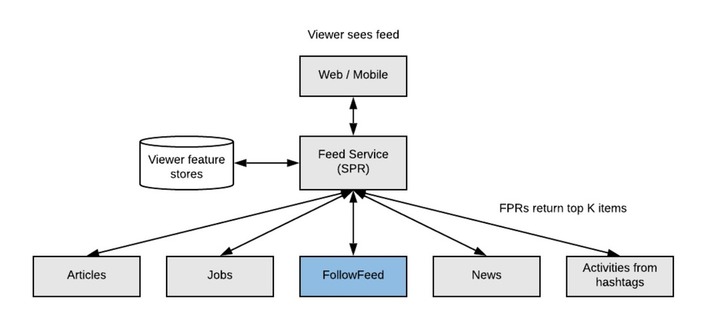
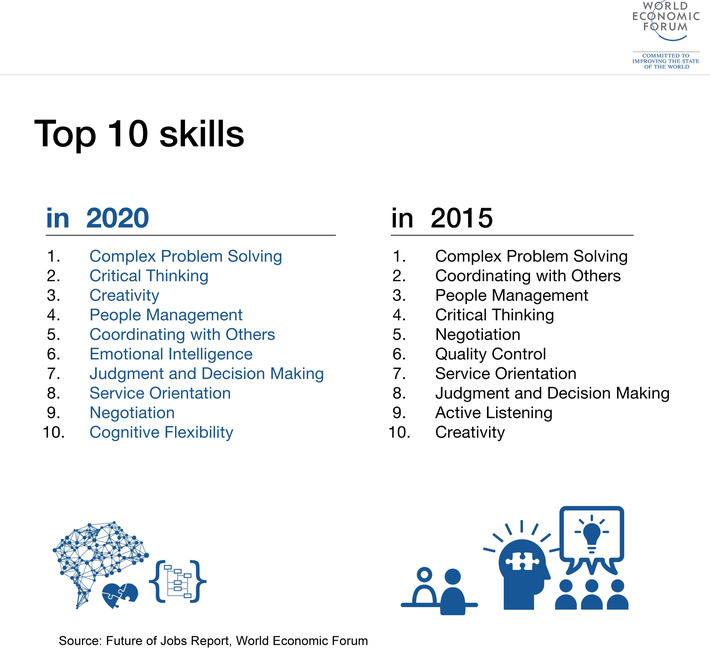
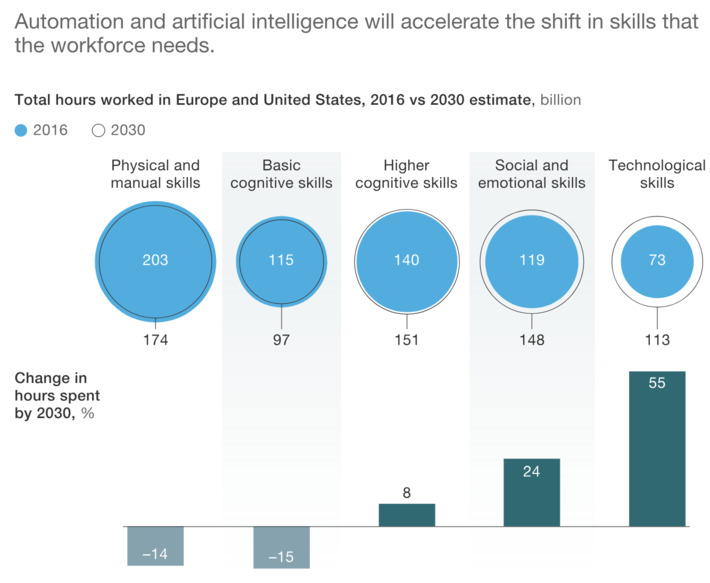
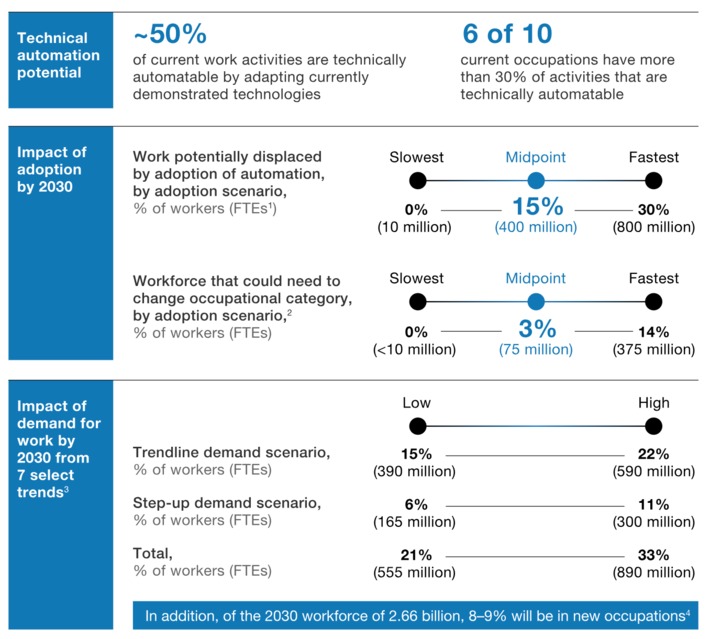
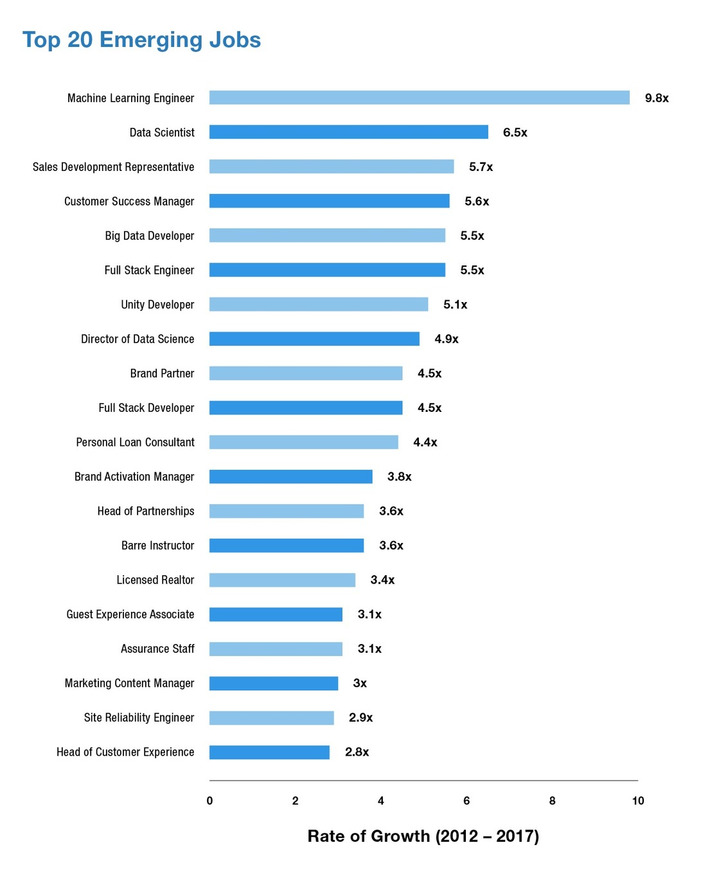
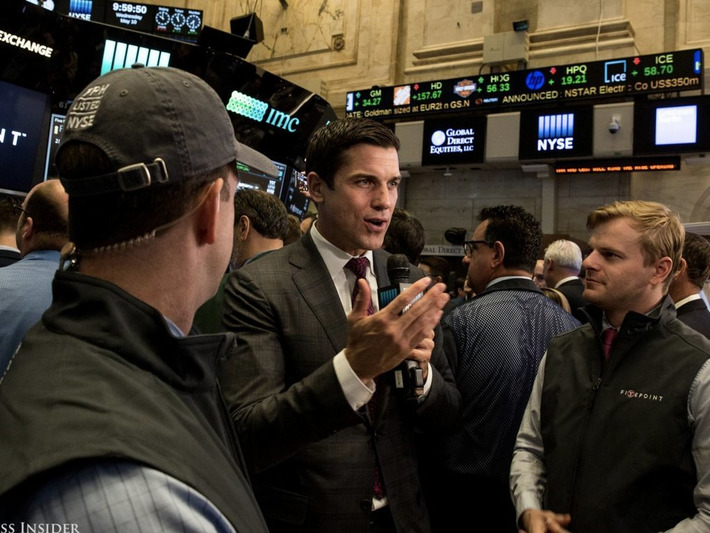
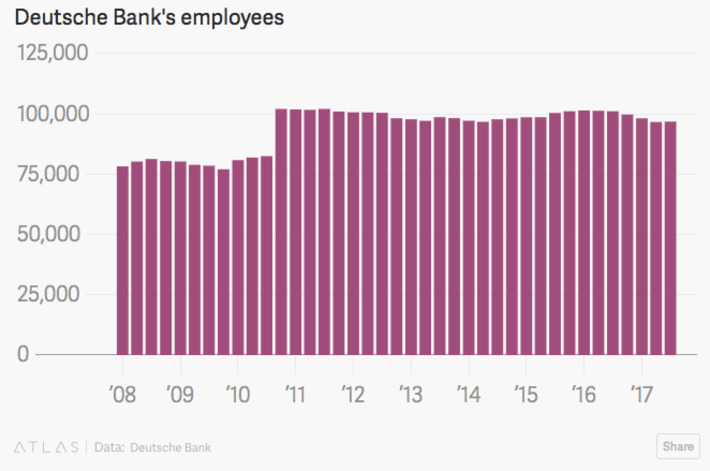


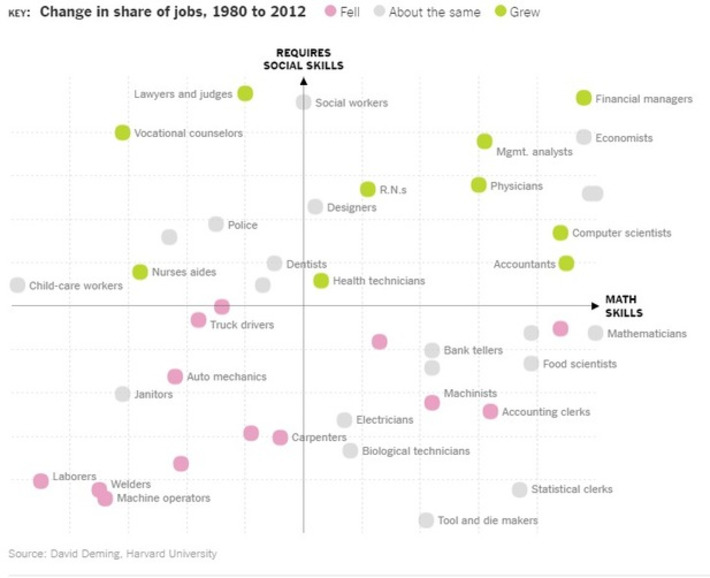

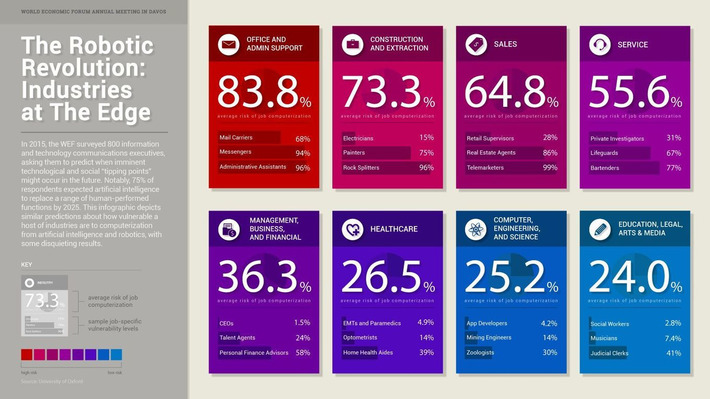








real estate is all about location, business is all about culture.